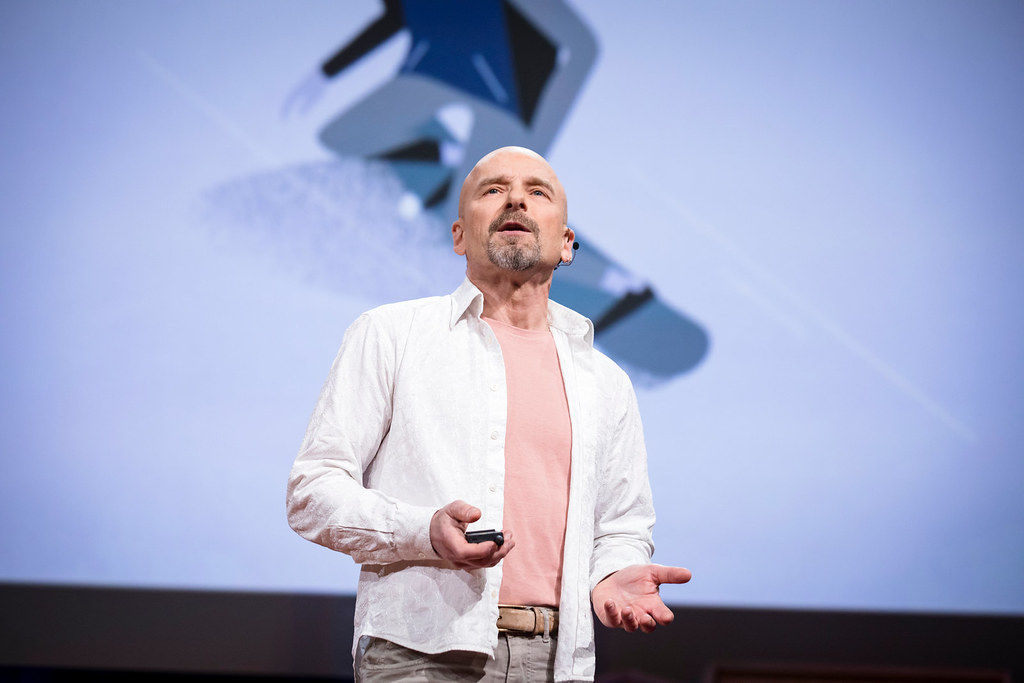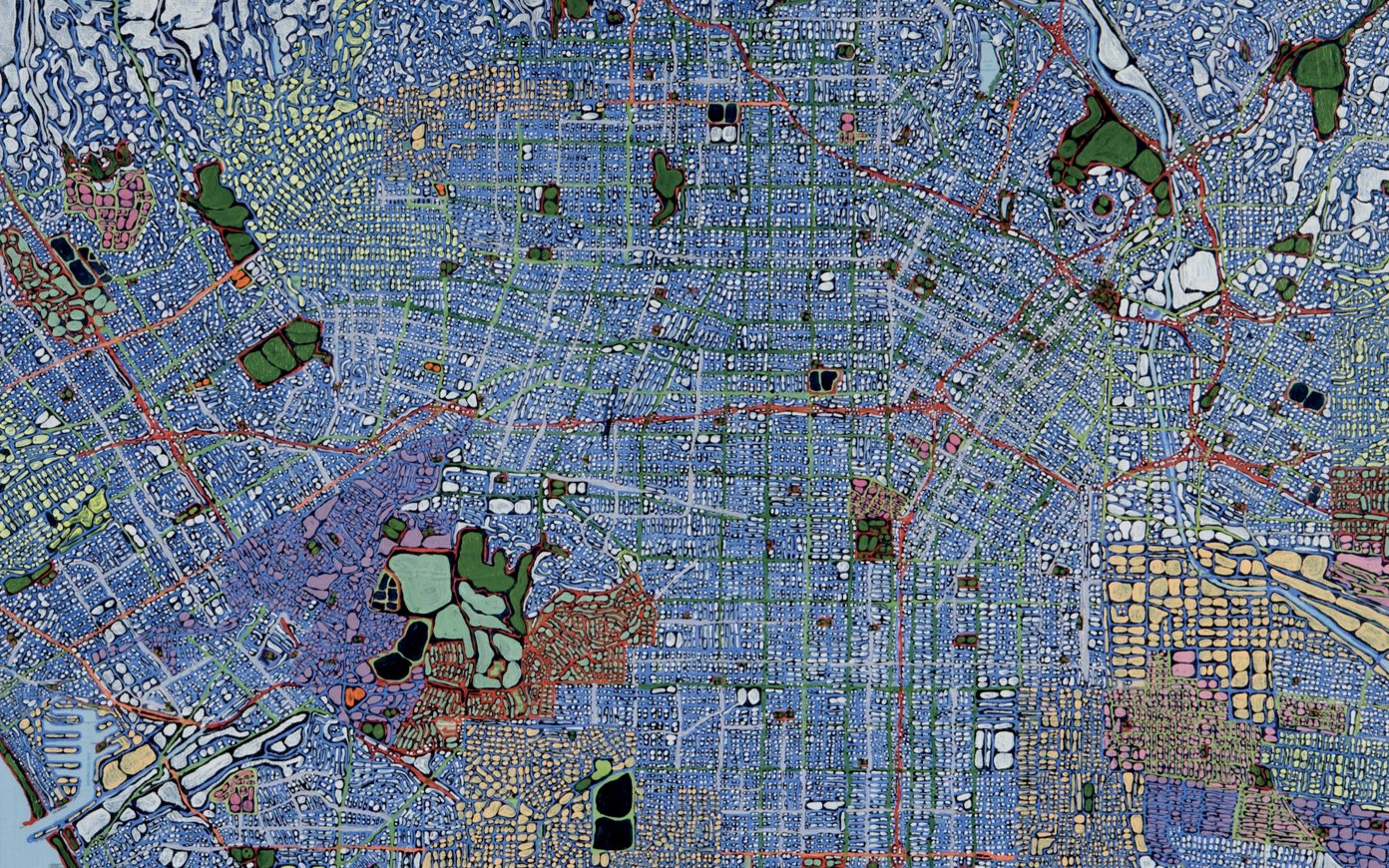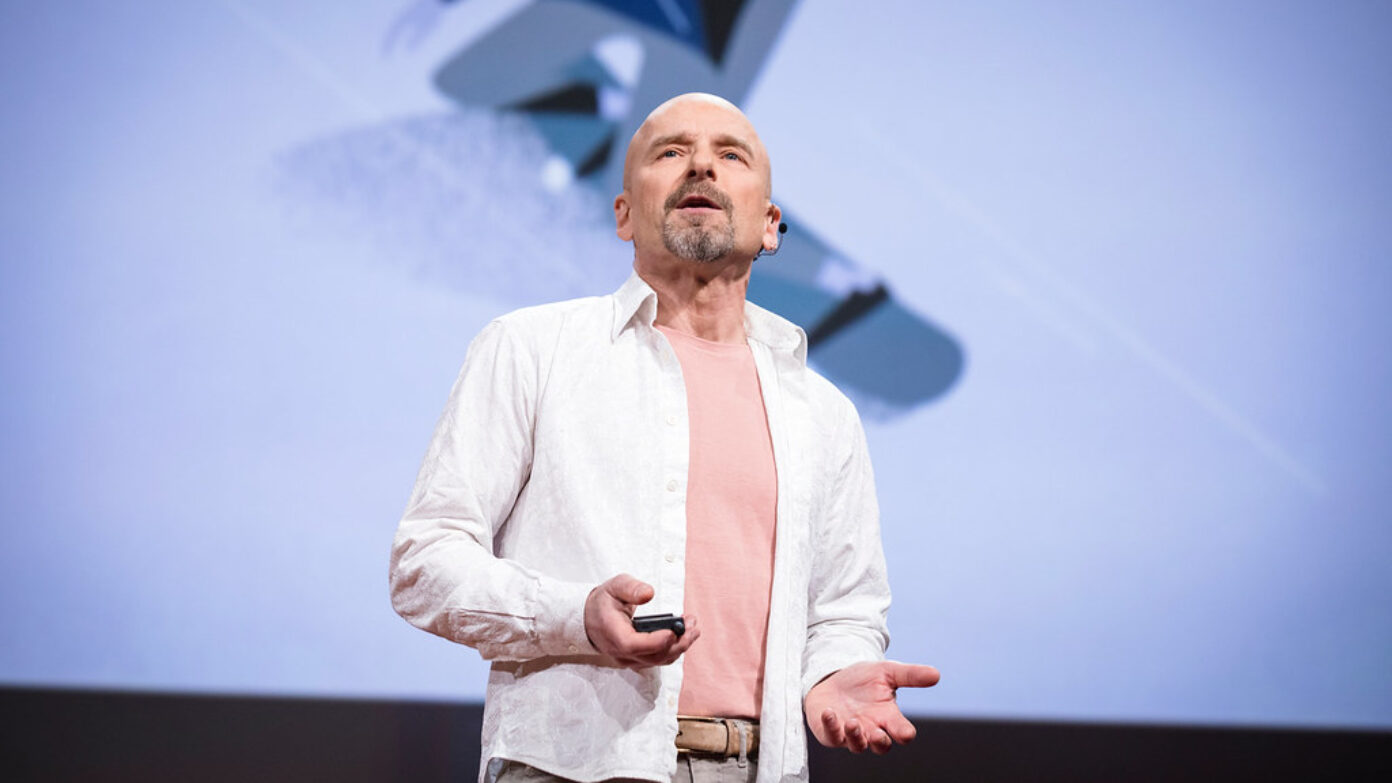Inhabiting Urban Mobility
We are faced with the need to bring about a behavioral shift to support the ecological, urban, and economic transitions. Given that space influences behavior, Sonia Lavadinho calls for a “relational city” to kickstart the process. Like the city itself, mobility could be perceived as not only functional, but as something that can take on a new dimension, as events. Enriching the urban experience through a proliferation of micro-events and social interactions would then change our spatiotemporal relationship to the city and foster better social behavior.




